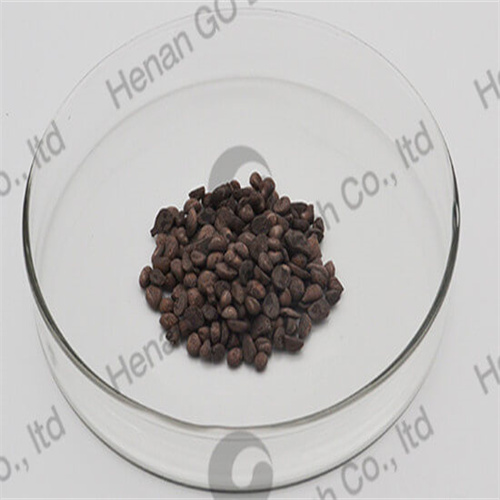The polyacrylamide industry is witnessing a significant shift towards sustainable practices, aiming to mitigate environmental impact while promoting innovations that contribute to green development. As the demand for environmentally friendly products grows, manufacturers are adapting to new standards of sustainability.

One of the most notable trends is the development of non-toxic and biodegradable polyacrylamide products, which minimize the ecological footprint. By focusing on reducing harmful chemicals in production, companies are not only enhancing their brand image but also adhering to global environmental regulations.

The emphasis on sustainable production methods has led to improvements in energy efficiency, water usage, and waste management during the manufacturing process. Companies are investing in advanced technologies that promote resource recycling and the reduction of emissions, aligning with sustainable development goals.

Additionally, the implementation of green supply chain practices further enhances the commitment of polyacrylamide manufacturers to sustainability. By collaborating with suppliers who share similar environmental values, businesses can ensure that sustainability is integrated at every level of production.
Overall, the polyacrylamide industry is on a progressive path toward sustainable development, resulting in positive environmental impacts while meeting consumer demand for greener products. By adopting these innovative practices, the industry not only contributes to environmental preservation but also positions itself competitively in a dynamic market.
